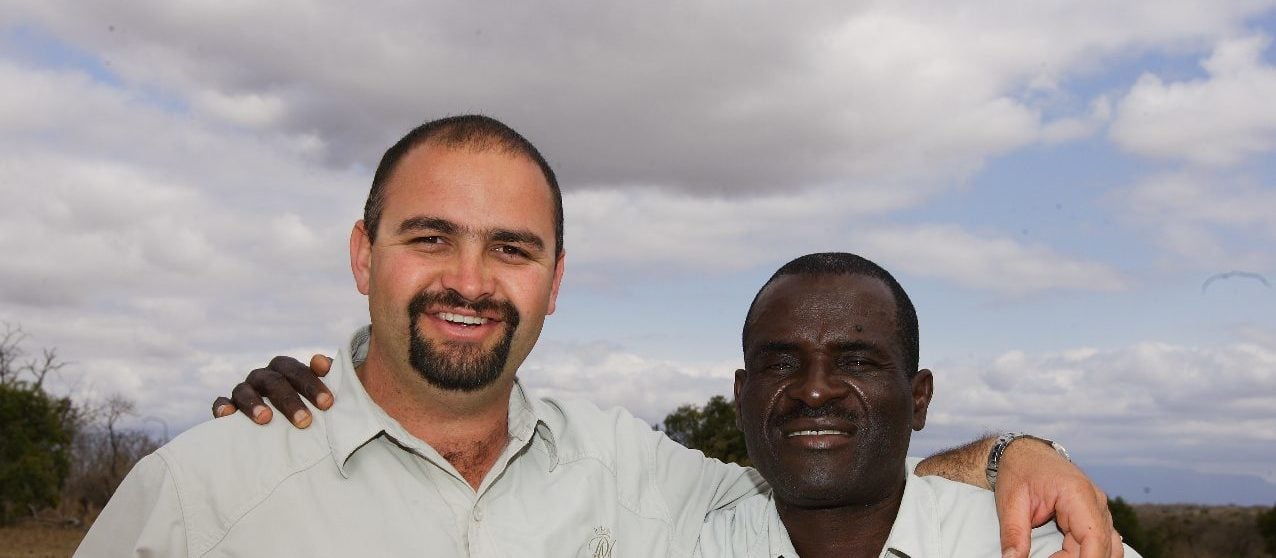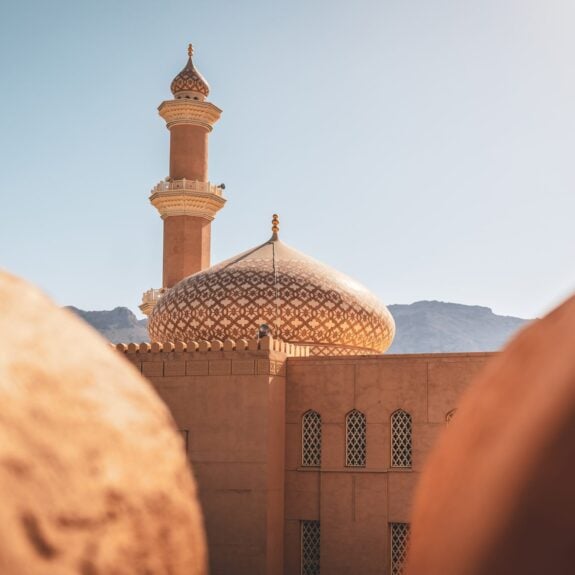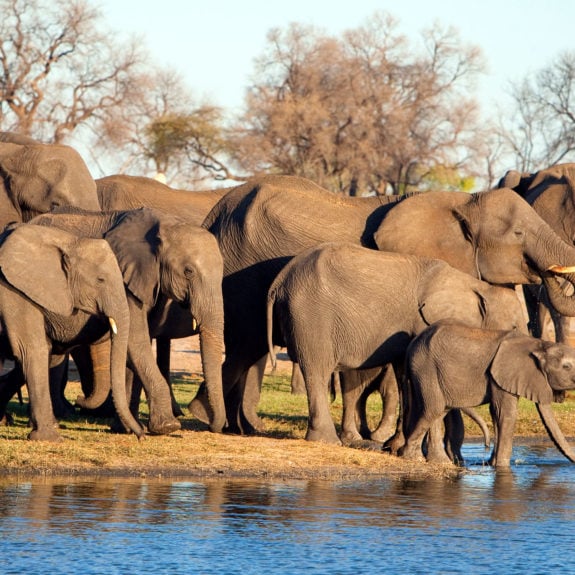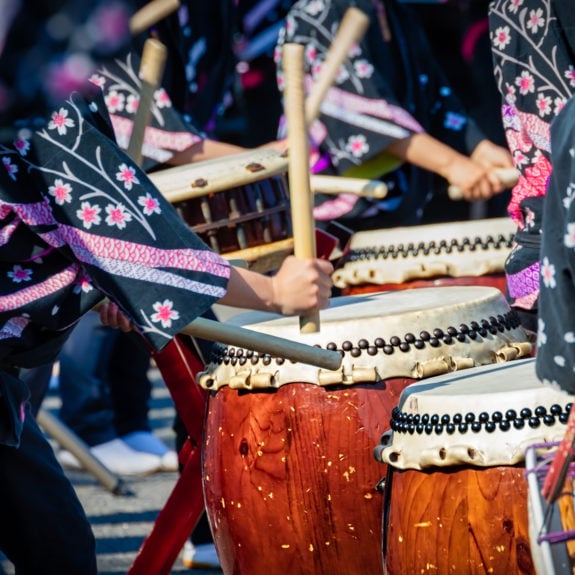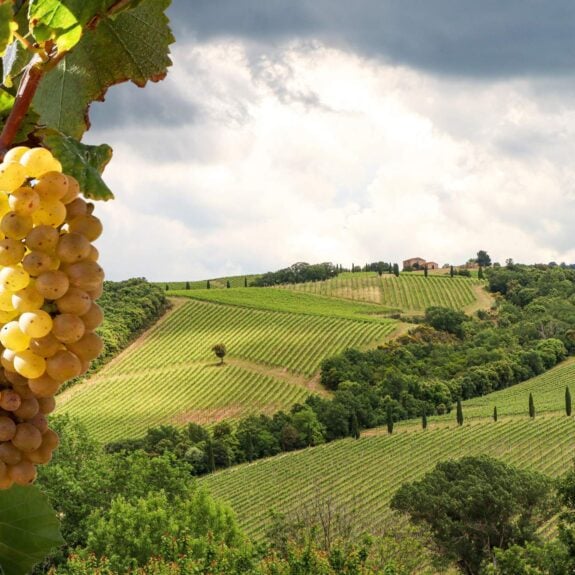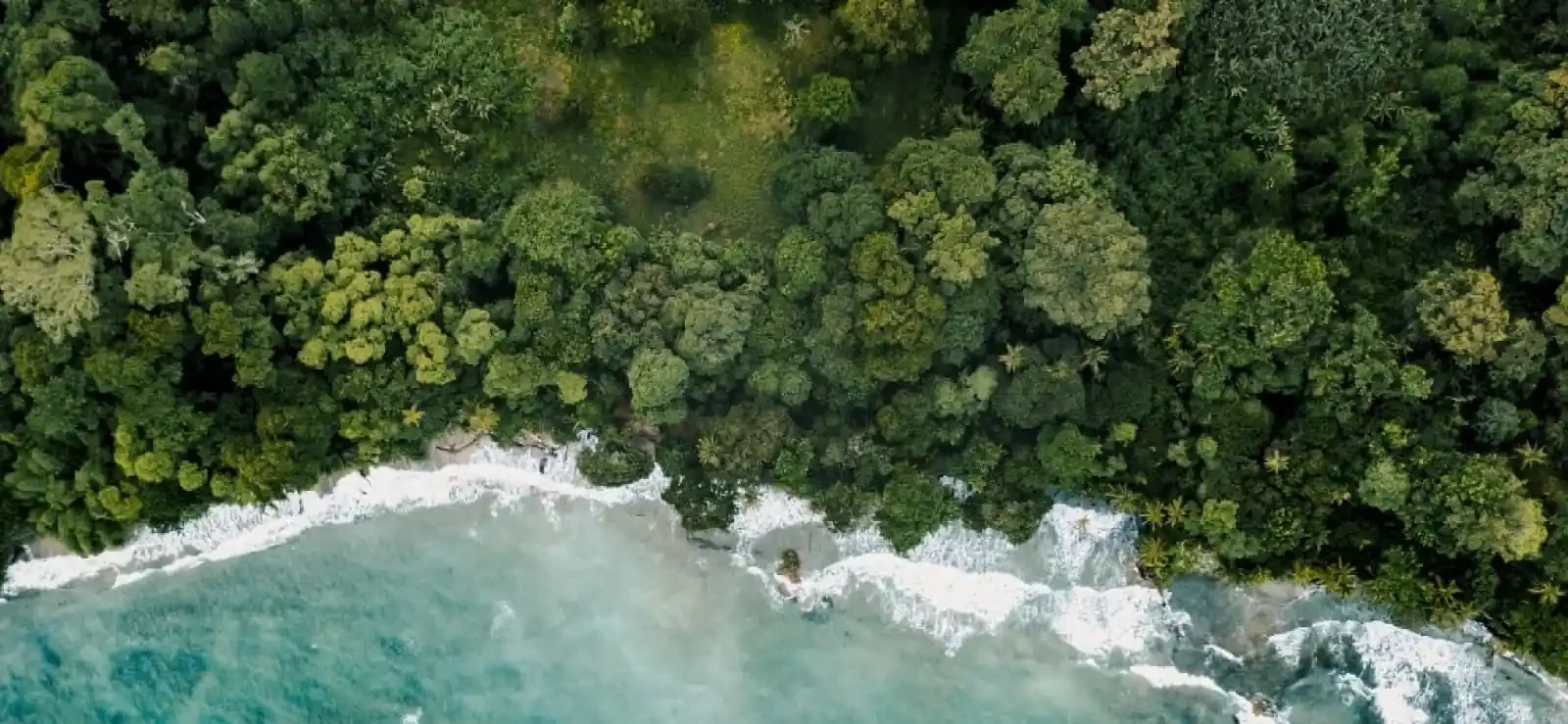Published on: July 1st, 2014
Last updated: December 16th, 2016
Described by one of our Africa experts as ‘the don of guiding in South Africa’, Juan Pinto is a safari guide at the Royal Malewane in Thornybush Private Reserve. We asked him about his passion for guiding, the importance of his partnership with his game tracker, and what happens when a distressed elephant corners your vehicle…
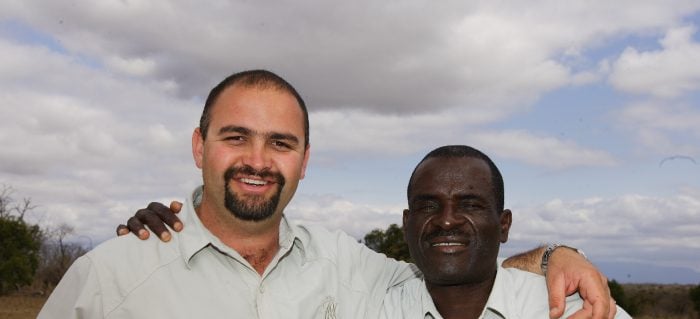
What made you want to be a safari guide?
I always loved showing people interesting things about the environment, so the best path to fulfill my passions was to be a safari guide, field guide or game ranger.
I have had a love for the African bush from a very young age and I found that when I expressed this through educating people about what I had learnt, discovered and above most of all, experienced – my love for it grew even more.
It brings me joy to be able to share knowledge of what I am passionate about and enlighten people on fascinating facts and stories about the bush – you always get a bit of a kick when you see people with wide eyes, listening intently to what you have to say. This is what led me onto my obvious path of becoming a safari guide.
What does it take to be a great safari guide?
Along with a deep passion for nature and wildlife, you need to be completely committed to learning and growing to reach a point of obtaining exceptional knowledge within the field of guiding.
Paired with this are your interpersonal skills, which need to be strong as you are taking people on a ‘journey’. Guiding isn’t only about how knowledgeable you are about the bush, but rather how well you reveal the bush to guests.
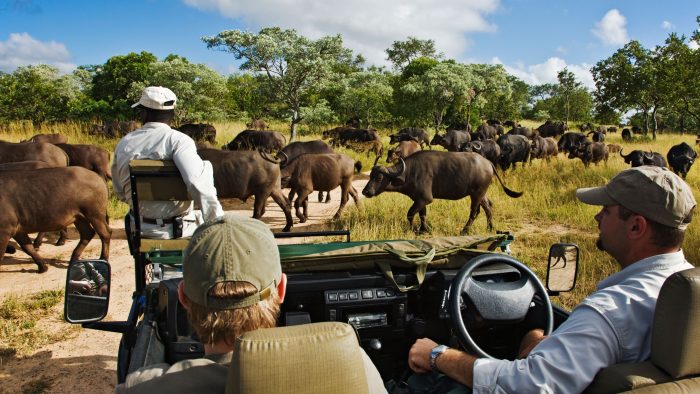
You work with Wilson Masiya, Head Game Tracker. How important is this partnership?
The partnership between a ranger and tracker is absolutely vital in order for a guest to have a superior and successful safari experience.
The skill of an experienced tracker is tapping into his or her original skill of trying to find or ‘track’ an animal.
Being led by a ranger and tracker when out on safari means you receive twice the value of a safari experience. Wilson and I have been working together for 18 years and having such a close relationship with a master tracker has without doubt helped me give the guests a complete safari experience.
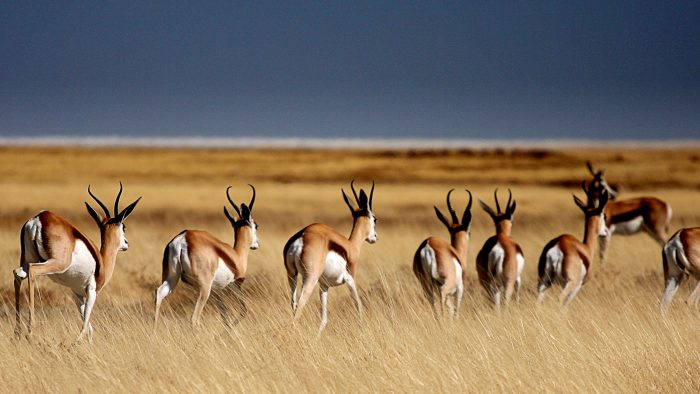
What is your favourite memory from your career as a safari guide?
It’s very hard to choose one experience out of the 20 years of guiding and wildlife experience, but there is one day, that still resonates with me.
A female elephant, which was collared for research purposes, walked away from her herd and came straight toward our game vehicle. My brother was with me, along with Wilson and four guests.
She came to a halt only one metre away from the vehicle and gave the typical elephant rumble. She then looked straight at me; I could tell she was distressed. I wasn’t picking up any aggressive behaviour and explained to my guests that she seemed to be asking for something.
She made another rumble and knelt down tilting the top of her head and used her trunk in an attempt to move the collar around her neck.
Then I saw it – she had revealed an injury, which had been caused by the collar. She then stood up, looked at me and made a final rumble. In my heart, I translated her ‘theatrics’ as a call for help.
We do not interfere with wildlife, but this was a man-caused injury and I promptly called the wildlife vet to come and assist.
We darted her later that morning removed her collar and treated her wounds. It has been ten years since the incident and she is still around to remind me of that day.
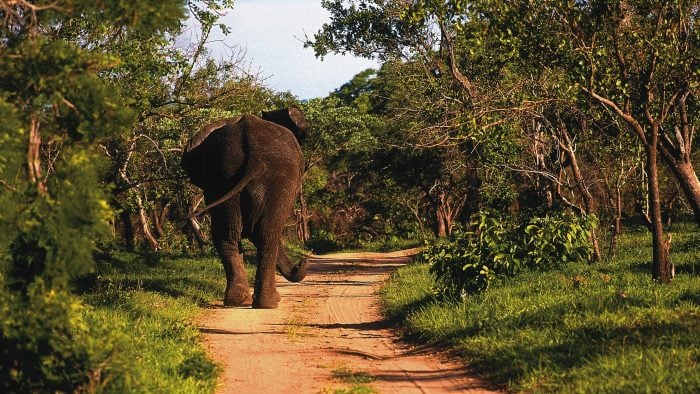
What animals do you never tire of seeing in the wild?
This is the easiest question to answer… ALL OF THEM!
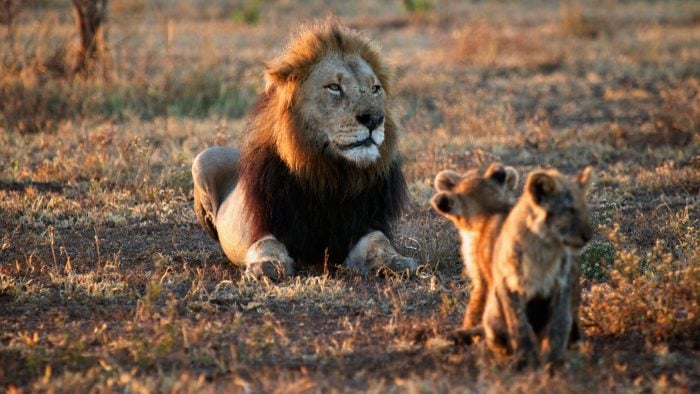
You’ve got an SKS-Birding specialist qualification. What’s special about birding, and is there a type of bird you haven’t been able to spot yet?
Birds are a unique and an intrinsic part of the environment. Their beauty, colours and behaviours are unparalleled in the natural world.
There are about 8000 more species for me to spot in the world, but to narrow it down: in Southern Africa I would say the Egyptian Vulture is at the top of my list; in Africa, the Picathartes; and out of Africa, the Philippine Eagle.
Why should people go on safari in Thornybush?
Thornybush Game Reserve is a prime game viewing destination. The amazing thing about the reserve is its diversity and how the subtle ecotone of the land lends itself to the most amazing animal and bird viewing.
I’ve seen some of the rarest sightings in Southern Africa in Thornybush and the most unthinkable interaction between game species. The backdrop of the Drakensberg Mountains in close proximity to our west is also a very special sighting at sundown.
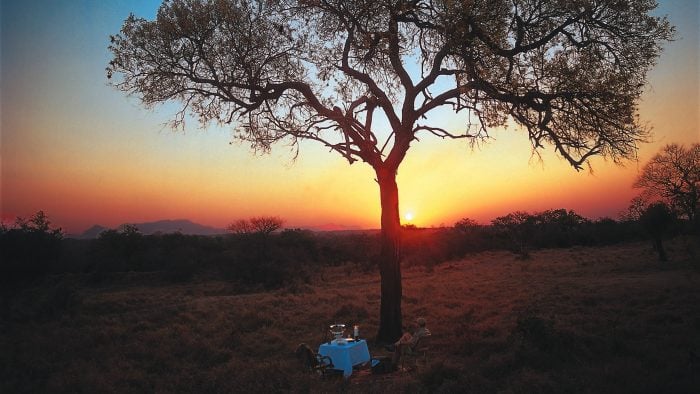
Tell us about your experiences training locals in guiding and tracking, and why it’s important to pass on these skills.
Many of the skills I know and certainly that Wilson knows have been passed down from wise and more experienced elders. The knowledge of those who’ve been in the field for years is invaluable when starting out at as a guide or tracker.
My experience of training locals has been through our apprenticeship programme at Royal Malewane where I and the other guides mentor young aspiring guides in the way I learnt – in a tent, with no electricity, and a world of danger and details around me.
The art of understanding behaviour and tracking is carried out by so few and is perhaps a slowly dying skill due to the attractiveness that city living might bring, but its link to science and evolution make training paramount.
What do you see for the future of safari in terms of conservation? Are there any changes you would like to see implemented in South Africa?
I believe that the key factor in conserving nature and wildlife in the future is to get as many people as possible into contact with it and be influenced by it. There can be no better way than to go on a safari to achieve this.
There have never been so many areas being put under conservation in South Africa in the last 20 years and this is due to safari tourism. Any government that increases their national parks and protected areas is improving their conservation.
We need an alternative and green power source to protect these natural places, to protect water catchment areas and to promote research in order for our nature and wildlife to flourish.
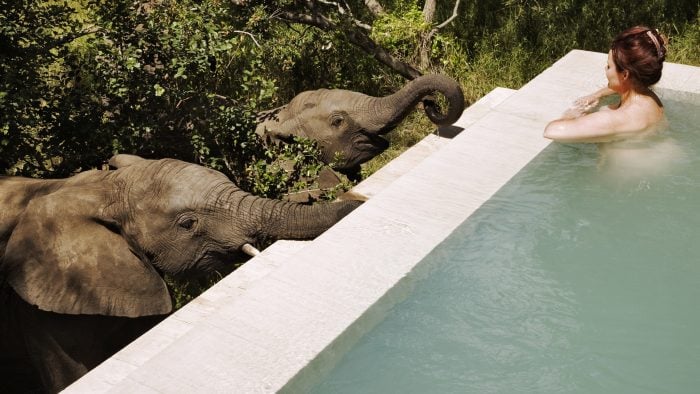
Juan is Head Safari Game Ranger at Royal Malewane in South Africa.
